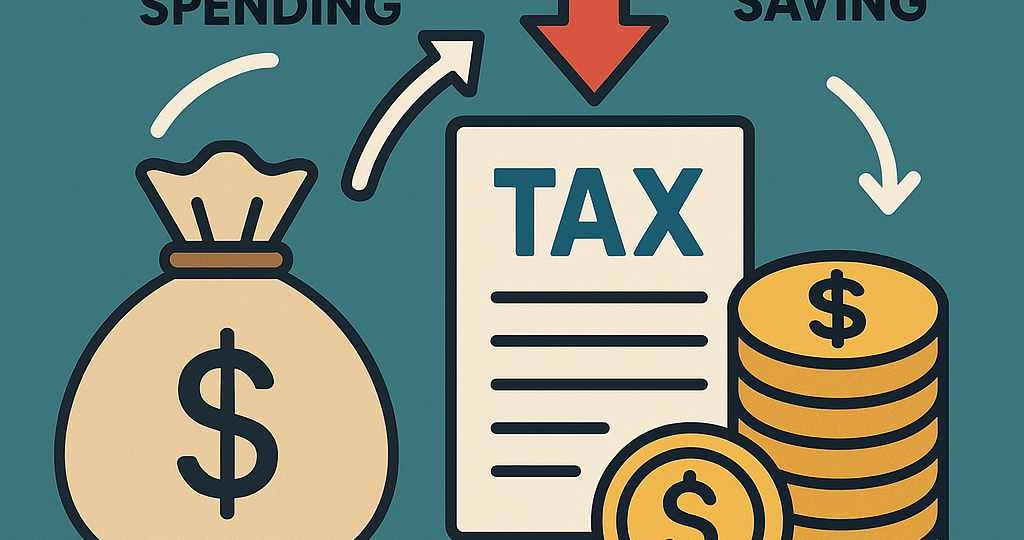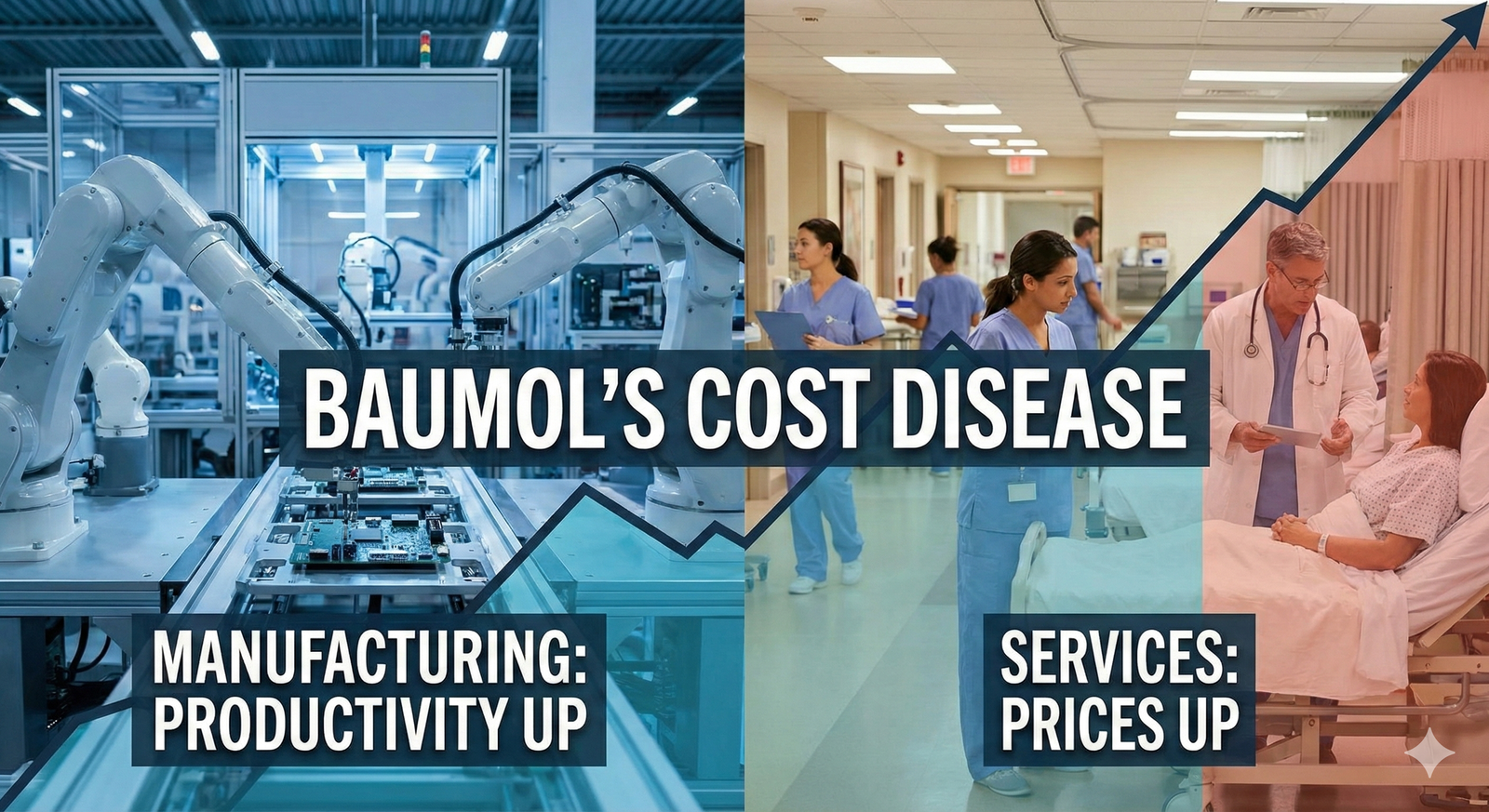
What if cutting your taxes today didn’t actually make you spend more—but made you save instead? That’s the surprising idea behind a theory called Ricardian Equivalence. At first glance, it seems obvious: when the government spends more or cuts taxes, people have more money, so they’ll go out and spend it. But Ricardian Equivalence suggests something different—that people are smart enough to realize today’s government debt becomes tomorrow’s taxes. So instead of enjoying the extra cash, they tuck it away for the future. The result? No real boost to the economy.
This theory plays with the idea that people aren’t just short-term thinkers. Imagine the government hands you a stimulus check. According to Ricardian Equivalence, you might say, “This feels nice—but I bet I’ll be paying this back in taxes later.” So you save it. When enough people think like that, government borrowing doesn’t actually increase demand or speed up the economy the way it’s supposed to. Whether or not this happens in real life is still debated, but it adds a layer of complexity to how we understand government policy.
The idea was made famous by economist Robert J. Barro in the 1970s, though it was inspired by an earlier comment from David Ricardo in the 1800s. Barro’s influential 1974 paper, “Are Government Bonds Net Wealth?”, argued that people act with future generations in mind—saving today because they know someone, maybe even their children, will eventually have to pay off government debt. This launched a flood of research into whether consumers really are that forward-thinking.
Even if Ricardian Equivalence doesn’t hold perfectly in the real world—after all, not everyone plans decades ahead—it brings up an important truth: how people expect to be affected can change how they behave today. Economists and policymakers still consider this theory when thinking about stimulus spending, tax cuts, and debt. It reminds us that money alone doesn’t drive the economy—expectations do too.
RELATED POSTS
View all


